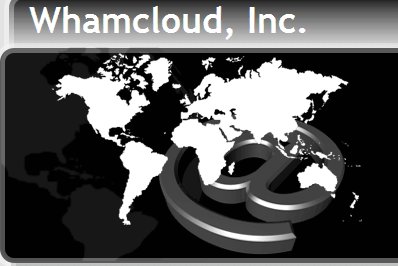Can Oracle control supercomputing by not revealing itself?


What he doesn't mention is this may be Oracle's best effort to gain traction in the supercomputing space.
Sun bought Cluster File Systems (CFS) in 2007, after its initial development at Carnegie-Mellon. Oracle, as you know, bought Sun this year.
Whamcloud's CTO, Eric Barton, joined CFS after its acquisition by Sun and Whamcloud principal engineer Robert Read was in charge of the project for Oracle.
CEO Brent Gorda admits Oracle has representatives at his user groups and talks to his customers. Not much there, but more love than what the folks at OpenSolaris say they're getting.
Gorda told reporters his short-term goal is to develop the Lustre code under Linux, and confirmed plans to cooperate with Oracle. As implied in the name, the new company also has interest in adapting Lustre to clouds.
What is Oracle's real play here?
One possible target is IBM's General Parallel File System, a proprietary system for managing large computer clusters. Undercutting IBM's software with open source could help Oracle sell Sun servers into that market, and you'll recall the main impact of Oracle's Sun acquisition was to make Oracle a hardware company.
The goal on all sides is to overcome the current "slow" access speeds of hard drives so clouds and clusters can reach the exabyte scale. That's a billion gigabytes. What you would do with exabyte technology may appear unclear, but everyone knows that's the direction of supercomputing, and planning has begun.
Oracle has gotten in on the ground floor and at a very low price.